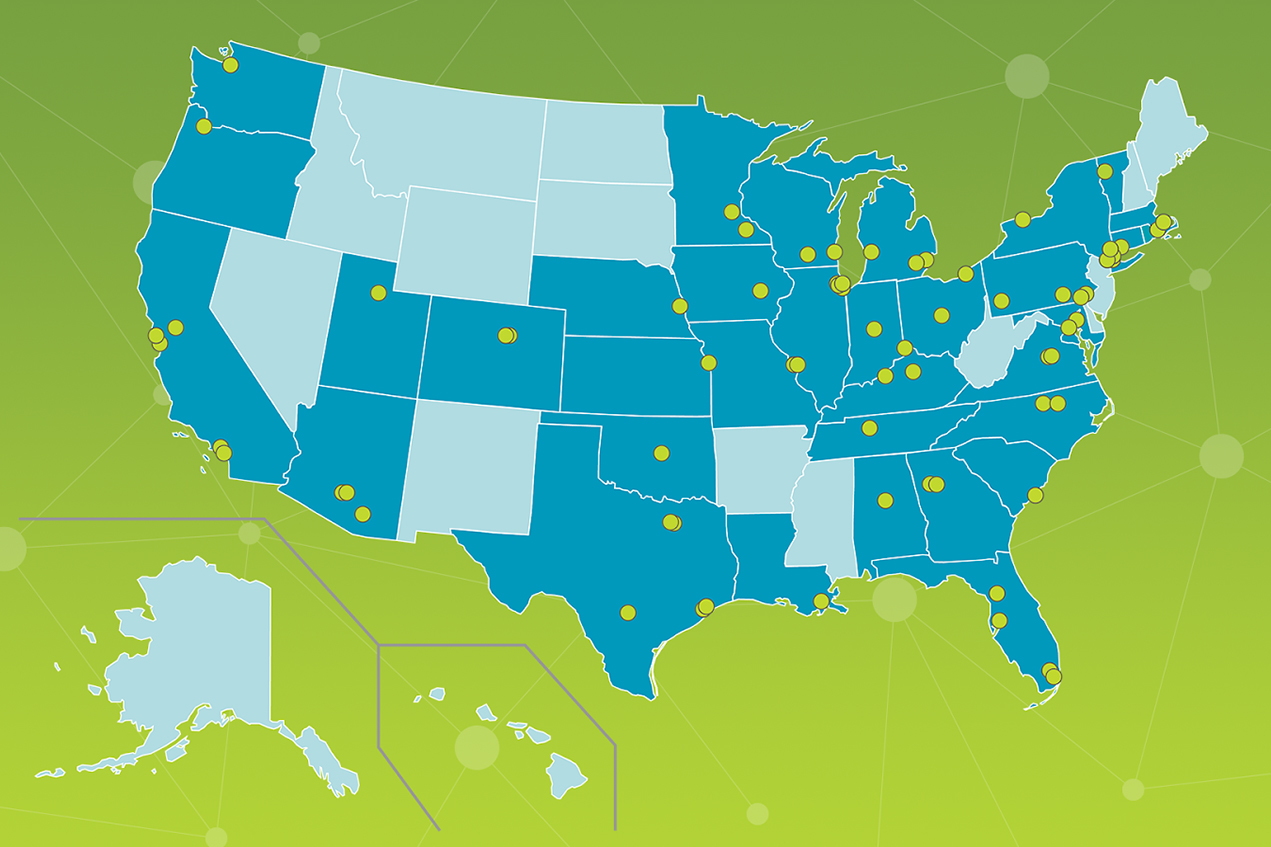Keck Medicine of USC’s Center for Advanced Lung Disease has been designated as one of 74 sites included in the Pulmonary Fibrosis Foundation Care Center Network. These sites are recognized for their efforts in diagnosing, treating and providing support to those living with pulmonary fibrosis (PF), a life-threatening lung disease that currently has no cure.
The Keck Medicine center, recognized in August, develops specialized services for patients with chronic lung diseases such as PF, which alone affects more than 250,000 Americans and has an average untreated survival rate of about three years.
“The designation shows that we are nationally one of the top centers for treating complex lung diseases,” said Toby Maher, MD, PhD, the center’s director for interstitial lung disease.
To qualify as part of the PFF Care Center Network, the Keck Medicine center achieved high standards of diagnostic services, holistic care and clinical research. It also met criteria identified by PF medical experts and patients.
The center facilitates coordination between pulmonologists, radiologists and pathologists in monthly meetings where patient cases are reviewed, Maher said, and it offers respiratory therapists, dietitians, social workers and nursing staff — all of whom are experienced in managing patients with complex lung disease and associated respiratory failure.
As only the fourth site in California to receive the PFF Care Center Network honor, the Keck Medicine center remains steadfast in the search for effective treatments for PF, which causes lung scarring, shortness of breath and fatigue. Maher and his colleagues are involved in at least eight different clinical trials seeking to develop new and effective treatments.
With the PFF Care Center Network designation under its belt, the Center for Advanced Lung Disease is able to offer services to other pulmonary clinics across Los Angeles, serving patients with PF who cannot be fully managed by their primary physicians and community pulmonologists, and to provide the foundation with added support and resources.
“This reflects the ongoing success of the center to grow the resources that we have available,” Maher said.
— Michael Juliani


